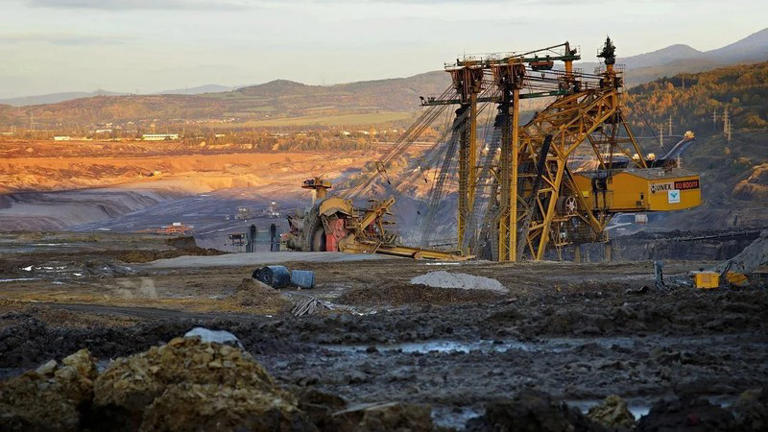South Africa’s coal-dependent economy stands to lose billions in export revenue and thousands of jobs as more nations and corporations transition towards carbon-free imports, warned the Net Zero Tracker watchdog on Monday.
The Net Zero Tracker, a collaborative effort by four non-profit organisations monitoring net-zero commitments, highlighted that Africa’s most industrialised nation, which generates approximately 80 per cent of its electricity from coal, is “uniquely vulnerable” to this global shift.
This vulnerability stems from companies decarbonising their supply chains and countries imposing penalties on carbon-intensive imports.
“78 per cent of South Africa’s exports, worth $135 billion, are traded with 139 jurisdictions that have net-zero targets in place.
Collectively, these exports support over 1.2 million domestic jobs,” the report stated. It cautioned that failure to decarbonise its supply chains could lead to a significant loss of this trade and associated employment.

The watchdog suggested that South Africa could avert this outcome by accelerating its coal phase-out and establishing itself as a “strategic supplier in low-emission value chains.” John Lang, Net Zero Tracker project lead, affirmed, “South Africa has the tools to pivot — proven renewables potential, critical minerals, and seats at global tables.”
The report further argued that the country is “well-positioned to become a key supplier of low-emission goods.”
A significant factor driving this global decarbonisation push is the European Union’s Carbon Border Adjustment Mechanisms (CBAMs), adopted in 2022. This policy imposes a carbon price on imports of goods like steel, aluminium, and cement from countries with weaker environmental standards, with a test period initiated in October 2023 before full implementation in 2026.
The South African Reserve Bank has already projected that carbon-based tariffs could reduce overall exports by up to 10 per cent, with CBAMs alone potentially shrinking exports to the EU by 4 per cent by 2030.


 Trending
Trending 